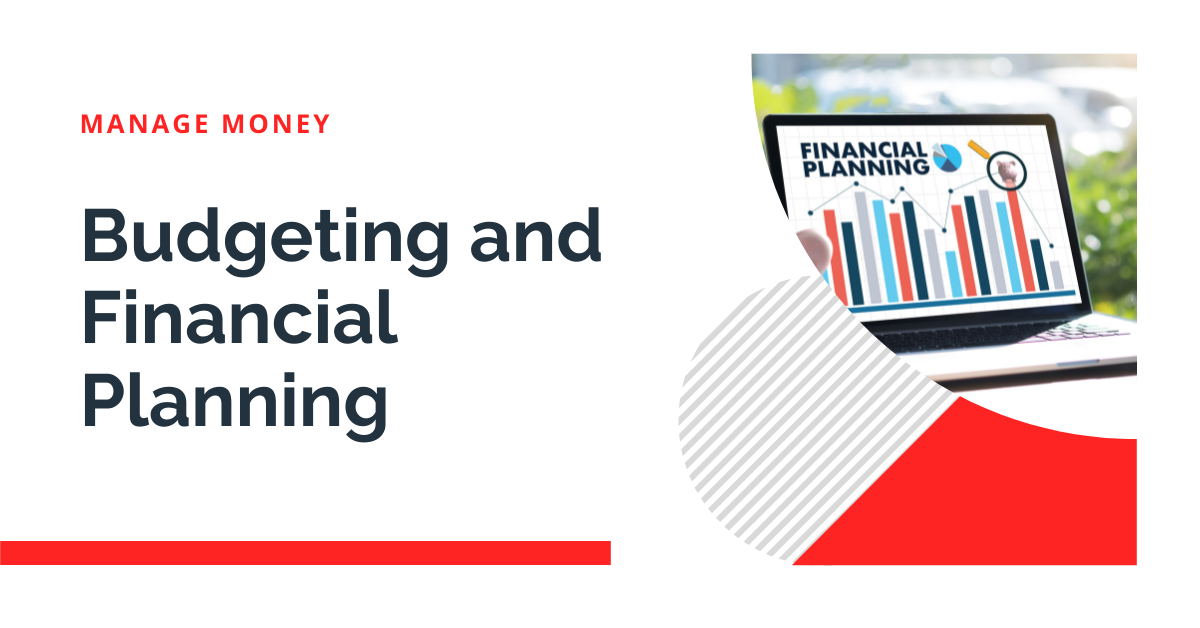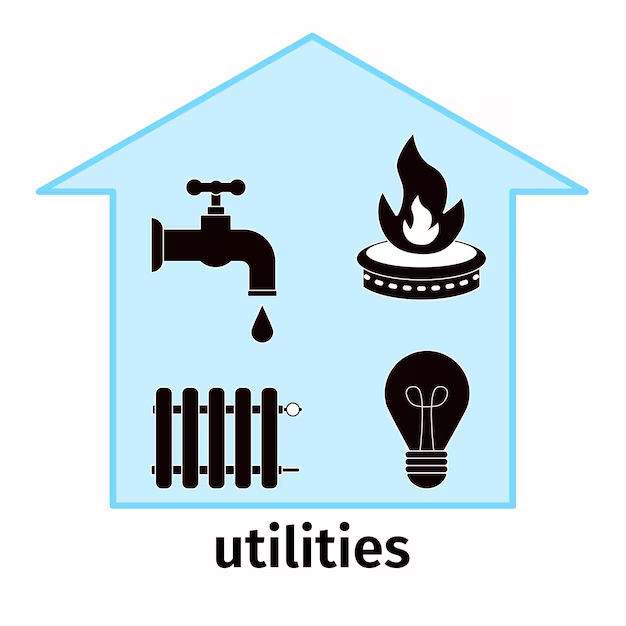Introduction
Are you wondering, “How can you reduce expenses and increase your savings?” You’re not alone. With rising living costs and economic uncertainty, managing your money wisely is more important than ever. The good news? You don’t need a huge salary to start saving more—you just need smart strategies and a clear plan.
In this guide, we’ll explore practical and proven ways to cut costs across different areas of your life, from housing and groceries to entertainment and insurance. Whether you’re looking to get out of debt, build an emergency fund, or simply stretch your paycheck further, these tips will help you take control of your finances and build a more secure future.

Budgeting and Financial Planning
One of the most effective ways to reduce expenses and increase your savings is by creating a solid budget. Without a clear understanding of where your money is going, it’s nearly impossible to make meaningful financial improvements.
Track Your Income and Expenses
Start by listing all sources of income and tracking every expense for at least a month. Use apps like Mint, YNAB (You Need a Budget), or a simple spreadsheet to categorize your spending. This helps you spot wasteful habits and find areas where you can cut back.
Choose a Budgeting Method
Pick a budgeting strategy that works for your lifestyle. Popular options include:
- 50/30/20 Rule: Allocate 50% to needs, 30% to wants, and 20% to savings/debt repayment.
- Zero-Based Budgeting: Assign every dollar a job so your income minus expenses equals zero.
- Envelope System: Use cash envelopes to control spending in specific categories.
Set Financial Goals
Your budget should reflect your goals—whether it’s paying off debt, saving for a house, or building an emergency fund. Set short-term and long-term goals, and revisit them monthly to stay on track.
Automate Your Savings
Treat savings like a non-negotiable bill. Set up automatic transfers to a separate savings account right after payday. This ensures you consistently set money aside without relying on willpower alone.
By implementing a budgeting system that works for you, you’ll gain control over your finances and set the foundation for long-term savings success.

Housing and Rent
Housing is often the largest monthly expense for most people, making it a prime target for cost-saving opportunities. By adjusting how and where you live, you can significantly reduce expenses and increase your savings over time.
Consider Downsizing
If you’re living in a space that’s larger than you need, downsizing can free up hundreds of dollars each month. Smaller homes or apartments typically mean lower rent or mortgage payments, as well as reduced utility costs.
Get a Roommate
Sharing your space with a roommate is one of the fastest ways to cut your housing costs in half. It might require some lifestyle adjustments, but the financial payoff can be well worth it.
Negotiate Your Rent
Don’t be afraid to talk to your landlord about lowering your rent, especially if you’ve been a reliable tenant. You can also offer to sign a longer lease in exchange for a discounted rate or ask if utilities can be included.
Refinance Your Mortgage
If you own your home, refinancing to a lower interest rate can save you thousands over the life of your loan. Even a small reduction in your rate can translate into significant monthly savings.
Relocate to a More Affordable Area
If your job allows remote work or you’re open to moving, consider relocating to an area with a lower cost of living. You could save on rent, property taxes, and day-to-day expenses.
Making smart decisions about your living situation can unlock major savings and give you more breathing room in your budget.

Utilities and Subscriptions
Recurring expenses like utilities and subscriptions can quietly drain your bank account if you’re not paying attention. The good news? These are some of the easiest areas to trim without sacrificing too much comfort or convenience.
Cut Unused or Redundant Subscriptions
Review your monthly subscriptions—streaming services, apps, software, gym memberships—and cancel anything you’re not actively using. Ask yourself: Do I really need Netflix, Hulu, Disney+, and HBO Max at the same time?
Consider rotating services month by month instead of keeping them all at once. You’ll still enjoy your favorite content—just more affordably.
Negotiate or Switch Providers
Call your internet, phone, and cable providers to ask for promotional rates or discounts. Companies often have deals for loyal customers, but you won’t get them unless you ask. If your provider won’t budge, consider switching to a competitor with a better offer.
Reduce Energy Consumption
Lower your utility bills by making small but effective changes:
- Use energy-efficient LED light bulbs
- Unplug electronics when not in use
- Set your thermostat a few degrees lower in winter and higher in summer
- Install a programmable or smart thermostat
Bundle Services
Some companies offer discounts if you bundle services like internet, phone, and cable. Bundling can reduce your monthly cost—just be sure you actually need all the services included.
By regularly reviewing and optimizing your utilities and subscriptions, you can save hundreds each year with minimal effort.

Food and Groceries
Food is a necessary expense, but it’s also one of the most flexible areas where you can cut costs without sacrificing nutrition or satisfaction. With a few smart habits, you can dramatically reduce your grocery bills and dining expenses—while still eating well.
Plan Your Meals
Meal planning is one of the most effective ways to avoid overspending. Create a weekly menu, make a shopping list based on that plan, and stick to it. This helps you avoid impulse buys and reduces food waste.
Cook at Home More Often
Eating out or ordering in can quickly add up. By cooking at home, you not only save money but also have more control over ingredients and portion sizes. Batch cooking and freezing meals can also save time and money during the week.
Shop Smart
Use strategies like:
- Buying in bulk for staples like rice, pasta, and canned goods
- Shopping sales and using coupons
- Choosing store brands instead of name brands
- Avoiding pre-packaged or convenience items, which often cost more
Limit Food Waste
Use leftovers creatively, store food properly, and organize your fridge and pantry so older items are used first. Wasting less food directly translates into saving more money.
Use Cashback and Rewards Apps
Apps like Ibotta, Rakuten, or your grocery store’s own rewards program can give you cash back or discounts on everyday purchases.
With mindful shopping and cooking habits, your food budget can go much further—freeing up more money to save or invest elsewhere.
Transportation and Commuting
Transportation is another major expense that can often be reduced with a few adjustments. Whether you drive daily, commute via public transit, or work remotely, there are practical ways to cut costs and increase your savings.
Use Public Transit or Carpool
If public transportation is available in your area, using it can save you a significant amount on fuel, parking, and vehicle maintenance. Alternatively, carpooling with coworkers or friends can reduce your commuting costs while also helping the environment.
Drive Less, Walk or Bike More
For short trips, consider walking or biking instead of driving. It’s a healthy, free alternative that also reduces wear and tear on your vehicle.
Maintain Your Vehicle
Regular maintenance—like oil changes, tire rotations, and checking fluid levels—helps your car run efficiently and avoid expensive repairs. A well-maintained vehicle gets better gas mileage and lasts longer.
Shop Around for Auto Insurance
Rates vary widely between providers, so compare quotes annually. Consider increasing your deductible or bundling policies (home and auto) for discounts. Many insurers also offer reduced rates for low-mileage drivers.
Downsize Your Vehicle
If you own more than one car, consider whether you really need both. Selling a vehicle you rarely use eliminates insurance, registration, and maintenance costs. If you’re in the market for a new car, opt for a fuel-efficient or hybrid model to save money over time.
Reducing your transportation costs doesn’t mean giving up convenience—it just requires smarter choices that add up to meaningful savings.
Debt Management
Managing and reducing debt is crucial when you want to reduce expenses and increase your savings. High-interest debt, especially from credit cards, can drain your finances and make it harder to build savings. Here’s how to get debt under control effectively:
Prioritize Paying Off High-Interest Debt
Focus on paying down debts with the highest interest rates first, such as credit cards or payday loans. This approach minimizes the amount of interest you pay over time, freeing up more money to save.
Consider Debt Consolidation or Refinancing
If you have multiple debts, consolidating them into a single loan with a lower interest rate can simplify payments and reduce your monthly expenses. Refinancing student loans or mortgages may also lower interest rates, making your payments more manageable.
Avoid Late Fees and Penalties
Pay your bills on time to avoid costly late fees and negative impacts on your credit score. Setting up automatic payments or calendar reminders can help keep you on track.
Create a Debt Repayment Plan
Choose a strategy that works for you, like the Debt Snowball (paying off smallest debts first for motivation) or the Debt Avalanche (tackling highest interest rates first for efficiency). Stick to your plan consistently to see progress.
Avoid Accumulating New Debt
Resist the urge to use credit cards for non-essential purchases until your debt is under control. Building a cash-only habit can prevent future debt and encourage mindful spending.
By actively managing your debt, you’ll reduce financial stress and free up more funds to grow your savings.

Entertainment and Leisure
Reducing expenses doesn’t mean giving up fun or relaxation. With a few adjustments, you can enjoy entertainment and leisure activities without breaking the bank—and save more in the process.
Opt for Free or Low-Cost Activities
Take advantage of community events, parks, hiking trails, museums with free days, and local festivals. Many cities offer free or discounted entertainment options that provide great value without spending much.
Use Your Library
Libraries are an incredible resource—not just for books, but for movies, music, and even free workshops or classes. A library card can open doors to tons of free entertainment options.
Cut Premium Services
Evaluate your subscriptions for music, movies, games, or magazines. Consider sharing family plans, switching to ad-supported versions, or rotating subscriptions to lower monthly costs.
Host Gatherings at Home
Instead of expensive nights out, invite friends over for potlucks, game nights, or movie marathons. It’s a budget-friendly way to socialize and have fun.
Take Advantage of Discounts and Coupons
Look for student, senior, or group discounts when going out. Use deal websites and apps to find discounted tickets or activities in your area.
With a little creativity, you can enjoy your leisure time while keeping more money in your savings account.
Shopping and Consumer Habits
Your everyday shopping habits have a big impact on your overall expenses and ability to save. By adopting smarter consumer behaviors, you can reduce unnecessary spending and boost your savings.
Avoid Impulse Buying
Plan your purchases and stick to your shopping list to prevent spontaneous buys. Waiting 24 hours before making non-essential purchases can help you determine if you really need the item.
Use Cashback and Discount Platforms
Leverage cashback apps like Rakuten or Honey and look for coupons before shopping online or in-store. These small savings add up over time.
Buy Second-Hand and Quality Over Quantity
Consider thrift stores, online marketplaces, and consignment shops for clothes, furniture, and electronics. Buying quality items that last longer often saves money in the long run compared to cheap, disposable alternatives.
Take Advantage of Sales and Seasonal Discounts
Shop during sales events like Black Friday, end-of-season clearances, or holiday promotions to get the best deals on necessary items.
Practice Minimalism
Focus on buying what you truly need and avoid cluttering your space with things that don’t add value to your life. This mindset not only saves money but can also reduce stress.
By becoming a more intentional shopper, you’ll reduce expenses and create room to save more for your future.
Insurance and Healthcare
Insurance and healthcare expenses can take a big bite out of your budget, but with careful planning, you can reduce these costs and protect your finances.
Compare Insurance Policies
Regularly review and compare quotes for health, auto, home, and life insurance. You might find better coverage for less money or discounts you didn’t know about.
Use Health Savings Accounts (HSAs) and Flexible Spending Accounts (FSAs)
If available, contribute to HSAs or FSAs to pay for medical expenses with pre-tax dollars. This can reduce your taxable income and save you money on healthcare costs.
Choose Preventative Care
Taking care of your health through regular checkups, vaccinations, and healthy habits can help prevent costly medical bills down the line.
Shop Around for Medical Services
Don’t be afraid to compare prices for procedures, tests, and prescriptions. Sometimes, paying out-of-pocket at a lower-cost provider saves more than using insurance.
Review and Adjust Coverage Annually
Life changes can affect your insurance needs. Adjust your coverage to avoid paying for unnecessary extras or to increase protection where needed.
By managing insurance and healthcare costs wisely, you can safeguard your health and finances simultaneously.

Increasing Your Income
While reducing expenses is essential, increasing your income is another powerful way to boost your savings faster. Exploring additional revenue streams can provide more financial freedom and security.
Explore Side Hustles and Gig Work
Whether it’s freelancing, driving for ride-share apps, tutoring, or selling handmade goods, side hustles can turn your skills and free time into extra cash.
Sell Unused Items
Declutter your home and make money by selling items you no longer need on platforms like eBay, Facebook Marketplace, or local consignment shops.
Ask for a Raise or Promotion
If you’ve been consistently performing well at your job, don’t hesitate to negotiate a raise or look for advancement opportunities. Higher pay at your current job can significantly impact your savings.
Monetize a Hobby or Passion
Turn hobbies like photography, writing, or crafting into income streams by offering services or selling products online.
Invest in Yourself
Consider learning new skills or certifications that can lead to better-paying jobs or freelance gigs in the future.
Combining expense reduction with income growth creates a balanced approach to improving your financial health and growing your savings.
Conclusion
Reducing expenses and increasing your savings doesn’t have to be overwhelming. By taking small, consistent steps across key areas like budgeting, housing, utilities, food, transportation, debt, and even your income, you can build a solid financial foundation.
Remember, the goal isn’t just to spend less—it’s to create sustainable habits that help you keep more of your hard-earned money and grow your savings over time. Start with one or two changes today, and watch how they add up to big results down the road.
Ready to take control of your finances? Implement these strategies, stay disciplined, and enjoy the peace of mind that comes with a healthier financial future.

